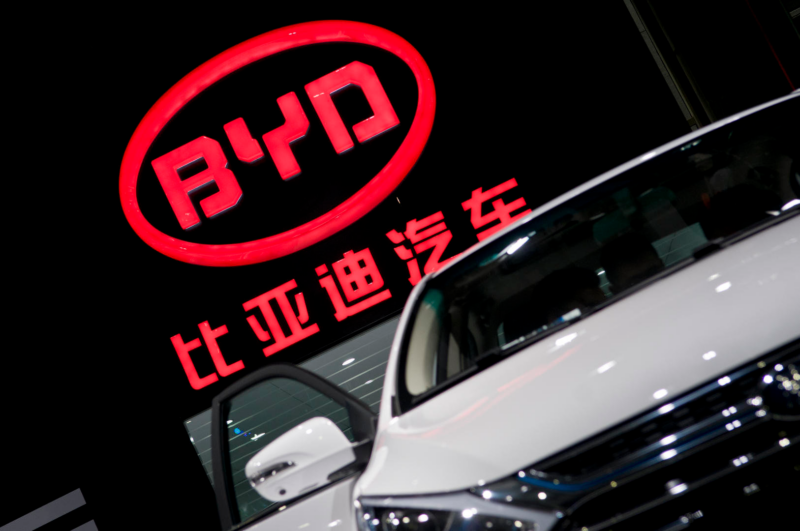Chinese automakers unite against “Black PR” campaigns
Chinese automakers are taking unprecedented measures to combat malicious “black PR” campaigns that have increasingly plagued the industry. Companies including BYD, Li Auto, Zeekr, and Deepal have recently launched aggressive countermeasures, offering rewards as high as 5 million yuan (700,000 USD) for evidence leading to identifying those responsible for spreading false information.
Rising industry problem
The phenomenon of “black PR” involves organised smear campaigns where paid “internet troll armies” flood social media platforms with fabricated, harmful content about competing brands. These campaigns can significantly damage a company’s reputation and directly impact sales. According to industry insiders, a single month of negative publicity can cost an automaker billions of yuan in lost sales.
One auto executive revealed that “delaying a competitor by just one day with negative trending topics can help secure an additional thousand vehicle orders.” Earlier this year, during a sales battle between two vehicle models, both companies detected over 700 attack articles, including “false quality complaints” and “malicious comparison tests.”
Major countermeasures
Deepal Automotive recently announced the establishment of a “Defence Fund” to protect its brand reputation. At the same time, Avatr (another Changan Auto subsidiary) reported receiving nearly 200 tips since launching its anti-black PR initiative in April 2025.
Other companies taking similar actions include:
- Zeekr: Publicly tendering for reputation protection services and offering rewards up to 5 million yuan (70,000 USD)
- Nio: Soliciting evidence with rewards ranging from 10,000 to 1 million yuan (1,400 to 140,000 USD)
- BYD: Successfully sued social media influencer “Longzhu-Jiche” (龙猪-集车) for defamation, winning approximately 2 million yuan (280,000 USD) in damages

Industry-wide response
The problem has become so severe that Nio founder William Li commented that “black troll armies make money more easily than car manufacturing.” Some black PR packages reportedly cost tens of thousands of yuan, with higher fees charged if topics trend on social media.
In 2023, the China Association of Automobile Manufacturers joined with 14 automakers to issue a pledge against employing internet trolls. More recently, at the 2025 China EV100 Forum, a National Development and Reform Commission official emphasised the need to rectify industry disorder, from malicious smears to false advertising.
Experts suggest that regulatory authorities strengthen enforcement and impose severe penalties on typical cases to deter criminals. Industry associations could also establish self-discipline agreements to constrain improper marketing behaviours and restore normal business competition.
Source: Tencent



